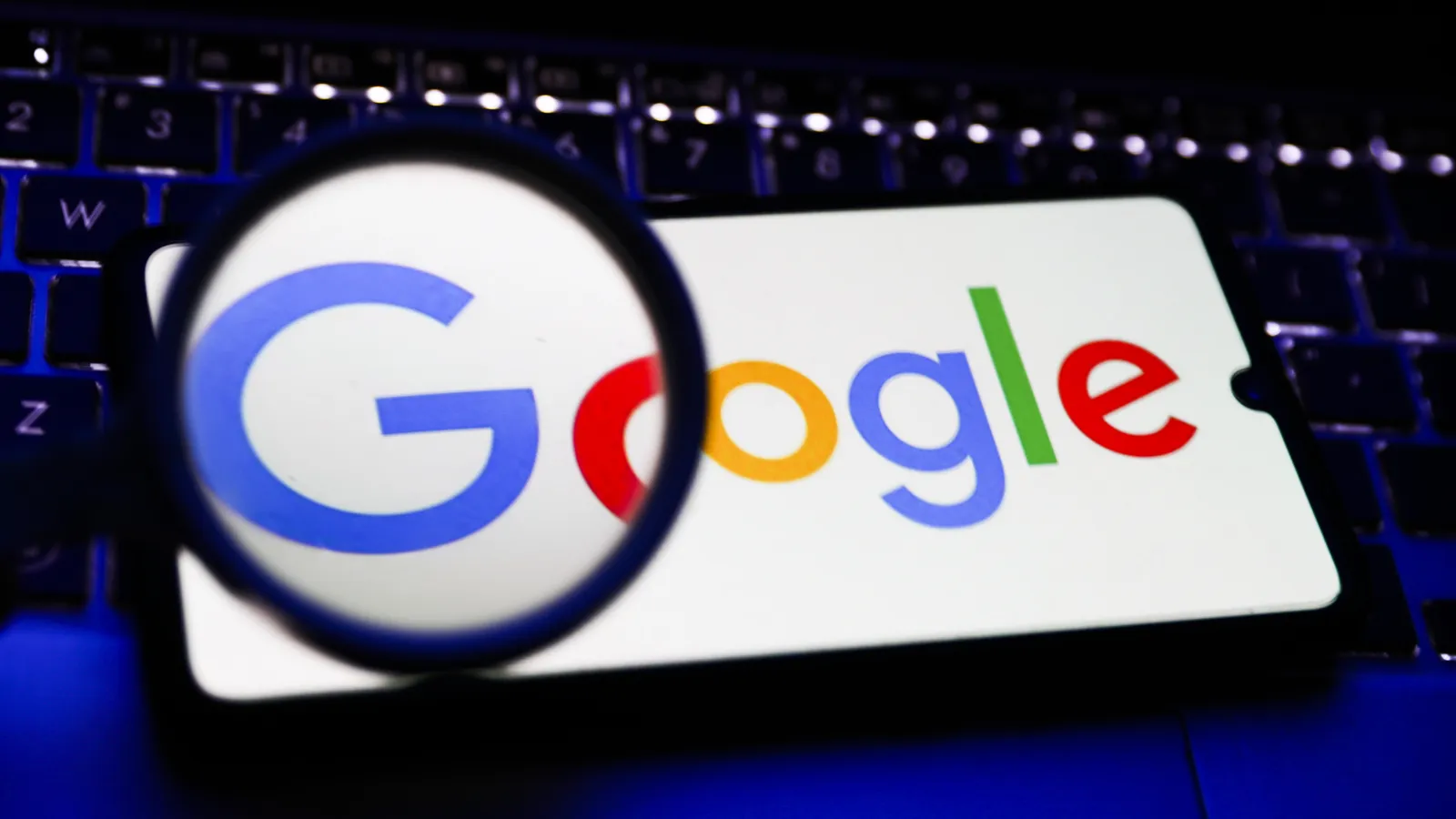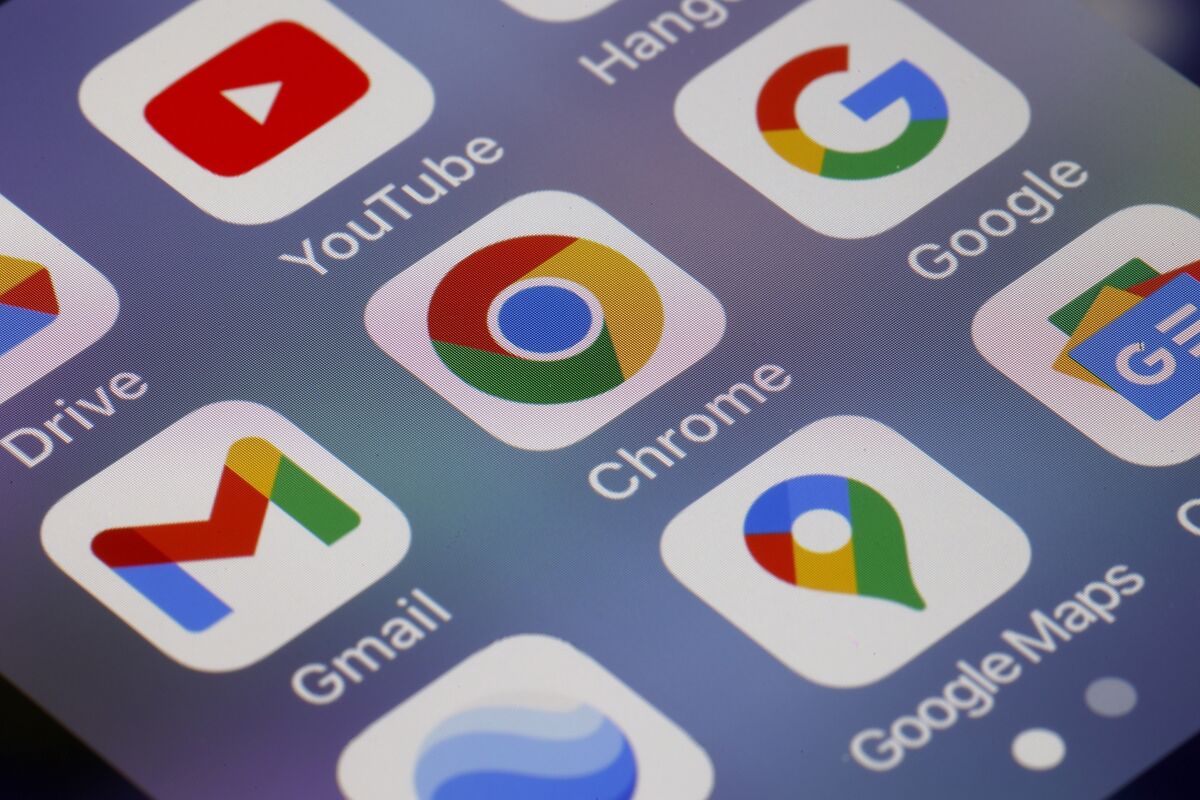Google’s recent decision to phase out third-party cookies in Chrome has stirred significant concern among ad executives. The frustration largely stems from Google’s approach, which, rather than directly eliminating cookies, places the onus on users to decide whether they want to accept cookies or not. This move has raised questions about the effectiveness and transparency of the new privacy measures.
Google’s plan to remove third-party cookies has been long anticipated, but its execution is still unclear. The company has stated that it will implement a new experience in Chrome that allows users to make informed choices about their data.
However, the effectiveness of this approach is uncertain, with many predicting that users will largely opt out of third-party cookies, thereby not truly eliminating them but rather delegating the decision to users.
The situation draws a parallel with Apple’s approach to privacy. Apple has introduced privacy measures that give users the choice to consent or deny tracking by apps. This strategy is reminiscent of Google’s new direction, which also emphasizes user consent as the cornerstone of its privacy model.
Both companies are shifting responsibility for privacy decisions onto users rather than directly managing the tracking mechanisms themselves.

Google’s Cookie Phase-Out Sparks Ad Industry Concerns Over User-Driven Privacy Choices
Charles Manning, CEO of Kochava, highlights that both Google and Apple are using consent as a way to avoid direct responsibility for tracking identifiers. Instead of enforcing a specific approach, they plan to implement universal prompts that allow users to control their privacy settings. This move aligns with the broader trend of consent-driven privacy models, which are becoming common in both mobile app and web advertising.
The shifting dynamics between Google and Apple reflect a broader struggle between these tech giants over privacy narratives. Critics argue that both companies are leveraging privacy concerns to enhance their own platforms’ attractiveness while complicating advertising outside their ecosystems. This maneuvering suggests that privacy may be more about strategic positioning than genuine concern for user data.
This evolving privacy landscape has implications for the broader ad industry and the open web. Some experts believe that by making advertising outside their platforms more complex and costly, Google and Apple are steering advertisers towards their own ecosystems, where they have better data access. This could be detrimental to publishers who rely on a more open ad marketplace.
There are opportunities for publishers who can build and leverage loyal audiences. By encouraging user authentication in exchange for premium experiences, publishers might thrive despite the changing landscape of third-party tracking. Solutions are emerging to support this model as third-party addressability declines.
This situation is reminiscent of earlier browser wars, where Microsoft faced scrutiny for leveraging its dominance in the PC market. Current debates over privacy and browser tracking echo these past conflicts. As Google and Apple continue to navigate their privacy strategies, regulatory responses and the impact on the advertising ecosystem will be critical factors to watch.








































